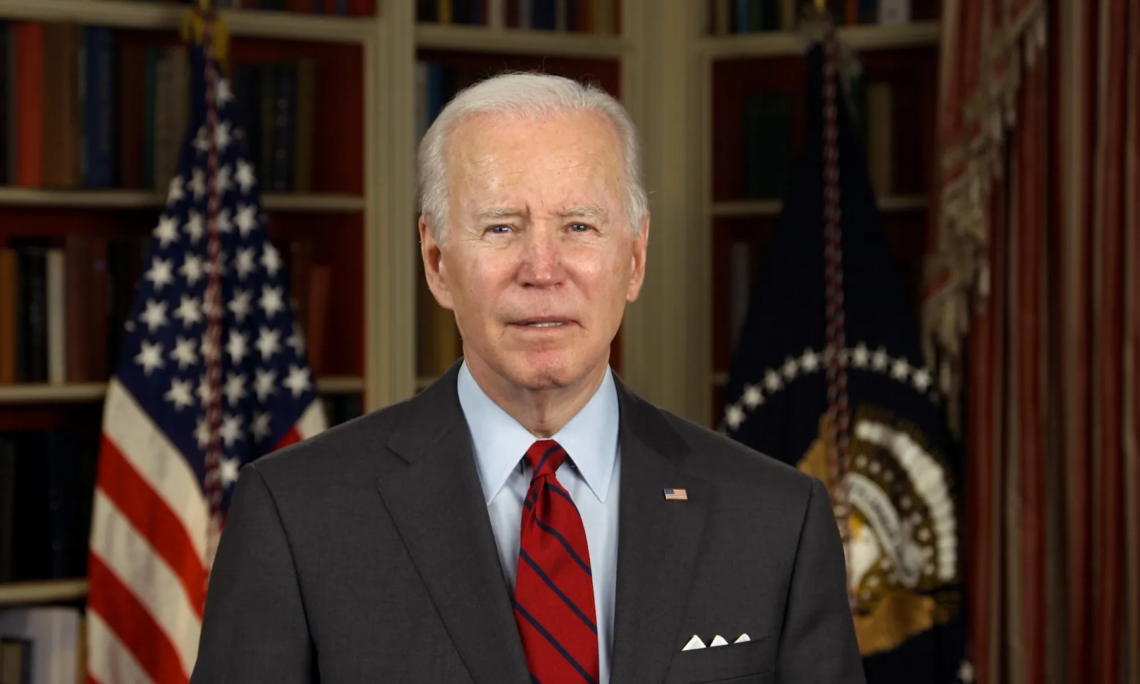In a sweeping act of clemency, President Joe Biden has commuted the death sentences of 37 of the 40 individuals on federal death row, marking one of the most significant uses of executive clemency powers in recent history. This decision, made in the final month of his presidency before Donald Trump’s inauguration on January 20, 2025, has ignited a firestorm of debate, touching on issues of justice, morality, and political legacy
The commutations apply to all federal death row inmates except for three individuals whose crimes were classified under the categories of terrorism or hate-motivated mass murder. Those not receiving clemency include Robert Bowers, convicted for the mass shooting at the Tree of Life Synagogue in 2018; Dylann Roof, who killed nine Black parishioners in Charleston, South Carolina, in 2015; and Dzhokhar Tsarnaev, involved in the 2013 Boston Marathon bombing. These exceptions were made in line with Biden’s stated exceptions for such heinous crimes.
Biden’s announcement comes amidst a period where the death penalty has been a contentious topic in American politics. His administration had already imposed a moratorium on federal executions since taking office, reflecting his campaign promise to work towards abolishing the death penalty at the federal level. This move to commute sentences further solidifies his stance, changing the punishment from death to life imprisonment without the possibility of parole for those affected.
The Context and Rationale
The President’s decision was framed as part of a broader criminal justice reform initiative. Biden stated, “I condemn these murderers, grieve for the victims of their despicable acts, and ache for all the families who have suffered unimaginable and irreparable loss. But guided by my conscience and my experience… I am more convinced than ever that we must stop the use of the death penalty at the federal level.” His actions are seen as an effort to prevent the incoming Trump administration from resuming federal executions, which had seen a resurgence during Trump’s first term, with 13 executions carried out in the final six months alone.
Critics of the death penalty, including human rights organizations, have praised the move. Anthony D. Romero, executive director of the American Civil Liberties Union, described it as “a historic and courageous step in addressing the failed death penalty in the United States.” Advocates argue that the death penalty is not only morally questionable but also fraught with risks of executing the innocent, given numerous documented cases of wrongful convictions.
However, the decision has not been without its detractors. Families of victims and some political figures have expressed outrage, arguing that the President’s clemency undermines justice and fails to provide closure or satisfaction to those affected by the crimes. On X, reactions were polarized, with some seeing the act as a profound injustice to victims, while others lauded it as a step toward a more humane society.
Political and Legal Implications
Legally, Biden’s use of clemency power is within his constitutional rights as President, offering an irreversible change to the sentences of those on death row. Politically, however, this move could be interpreted in multiple ways. For some, it’s a legacy-defining moment, showcasing Biden’s commitment to criminal justice reform. For others, it’s a controversial decision that might be leveraged by political opponents to question his judgment or his respect for the victims of crime.
The decision also places Biden in direct contrast with Donald Trump, who has expressed support for expanding the application of the death penalty. Trump’s campaign promises included seeking capital punishment for drug dealers and certain illegal immigrants, signaling a potential reversal of Biden’s policies if enacted.
Public and Political Reaction
The public discourse has been as varied as the political spectrum. Some X posts celebrated the commutation as a “huge F U to America” from Biden, with others decrying it as “disgraceful.” Conversely, there were sentiments of gratitude and relief, with some calling Biden’s decision “courageous.”
In Congress, the reaction has been split along party lines but with notable exceptions. While Democrats generally support the move, some moderate or conservative Democrats have expressed concerns about the message it sends to society regarding accountability for heinous crimes. On the Republican side, the response has been mostly critical, with many seeing this as an overreach of executive power and a disregard for the judicial process.
The Future of Capital Punishment
This executive action by Biden might signal a potential shift in the national conversation on capital punishment. States have been moving away from the death penalty, with some abolishing it entirely, and public opinion has shown a gradual decline in support for executions. Yet, the application of the death penalty remains a state issue, where Biden’s influence is limited. His commutation at the federal level, however, could embolden state-level movements to reconsider their own death penalty statutes.
Moreover, this action might influence upcoming legislative debates on criminal justice. With a new administration on the horizon, the future of capital punishment at the federal level remains uncertain. If Trump follows through on his campaign promises, we might see a push to reinstate and perhaps expand the use of the death penalty, setting the stage for a renewed national debate.
President Joe Biden’s decision to commute the sentences of 37 federal death row inmates in his final month in office is a bold move, reflective of his administration’s criminal justice priorities. It’s a decision that speaks to broader themes of mercy, justice, and the role of the presidency in shaping moral and legal landscapes. As America stands on the cusp of another political era, this act of clemency will undoubtedly be a significant part of Biden’s legacy, prompting reflection, discussion, and perhaps legislative action on the ethics and efficacy of capital punishment in the United States.

